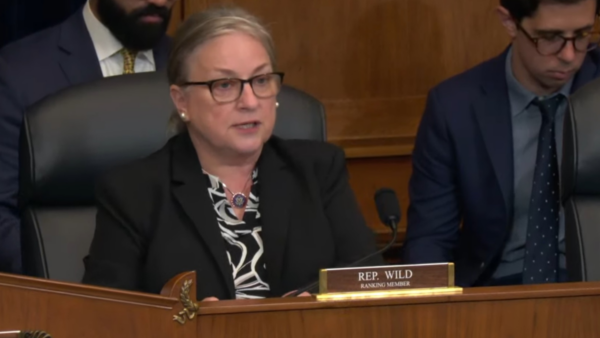Last week, Supreme Court Justice Alexandre de Moraes announced a ban on Telegram in Brazil — but he quickly backed down when the messaging company promised to comply with court decisions from now on. Telegram named a legal representative in Brazil, and announced measures to curb misinformation.
This was much more than a ban of the messaging app, Brazilian courts wanted to draw a red line in the sand, which Telegram is not supposed to cross. This week, we’re talking about what the decision means — both legally and politically.
Listen and subscribe to our podcast from your mobile device:
Spotify, Apple Podcasts, Google Podcasts, Deezer
Guest:
- Marcela Mattiuzzo is a lawyer specialized in antitrust law and data protection at VMCA Advogados, a São Paulo-based law firm. She previously worked as chief of staff with Cade, Brazil’s antitrust regulator, holds a master’s degree in law from the University of São Paulo, and was a visiting researcher at Yale Law School.
- Beatriz Rey writes a bi-monthly column for The Brazilian Report. She is an SNF Agora Visiting Fellow at Johns Hopkins University and an APSA Congressional Fellow (2021-2022), and holds a Ph.D. in political science from Syracuse University as well as an M.A. in political science from the University of North Carolina at Chapel Hill.
This episode used music from Uppbeat. License codes: UK14JTAF5GWCQUSV, JSJVC1AS6ZQJ0FOP, SMFEGOUD3FIFCCKU.
Background reading:
- Remember what happened last week, when Supreme Court Justice Alexandre de Moraes banned Telegram in Brazil, but quickly rolled back his decision.
- Electoral authorities believe Telegram is one of the greatest threats to Brazil’s upcoming elections. When WhatsApp imposed restrictions on bulk messaging, Telegram became the go-to app for spreading political content — especially among the far-right.
- Electoral courts have partnered with social media giants to fight misinformation ahead of the elections (the list should soon include Telegram). But platforms have yielded very little.
- Data shows that Brazilians do perceive the spread of misinformation as a problem — but tend to belittle their own personal risk of falling for fake news. The problem? Those with the highest confidence in their powers of discernment can be at greatest risk of falling for fake news.
- Congressional omission has forced Brazil’s high courts to try to control the far-right president themselves — the Telegram case is a prime example. While momentarily positive, this can be detrimental in the longer term, writes Beatriz Rey.
Do you have a suggestion for our next Explaining Brazil podcast? Drop us a line at [email protected]

 Search
Search






































